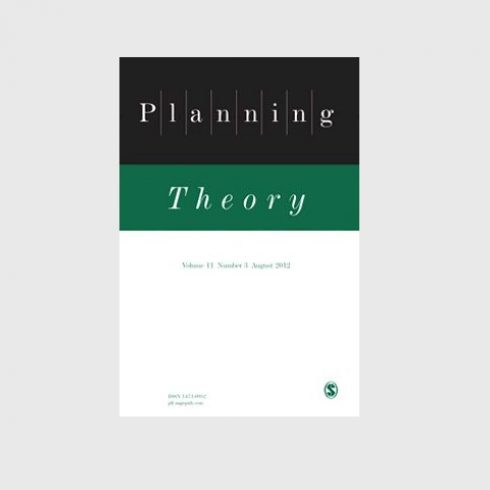Why India cannot plan its cities
Informality, insurgence and the idiom of urbanization
Ananya Roy
Planning Theory 8 (1): 76-87 2009

Roy’s research troubles the easy binary between ‘formal’ and ‘informal’ that is often taken for granted within public health policy. Rather than take ‘informal’ and ‘formal’ as distinct and intrinsic categories, Roy shows how they enable one another. Informality, then, is better understood as a relation of power. The power and politics of the state – or an NGO or UN agency for example – is not contained to ‘formal’ channels, instead the ability of the ‘formal’ sphere to engage as it chooses often mobilizes informal processes and practices (Roy 2009:84), such as creative solutions to health, access to water or access to medicines. As Sarah Pinto has shown, many so-called informal health providers are indeed enabled because of lack of state resources to serve rural and marginal communities, and via a lack of denunciation of their activities. The ‘informal’ props up the ‘formal’, and is intrinsic to how the formal operates. Roy urges us to consider how the formal/informal binary obscures the modes and methods of informality as central to how the ‘formal’ operates.
View Publication > Share
Share






Commentary
The latest commentary on the use of antimicrobials in society.
Welcome to the AMIS Hub!
The story of ‘How do we get patients to stop demanding antibiotics?' to where we are now.
The Third Man: How are we entwined with...
A film event and panel discussion for World Antibiotics Awareness Week 2017
Social Science and AMR Research Symposium: Event
The AMIS Programme hosted a work-in-progress symposium and networking event on 10 September 2018, at the British Academy.